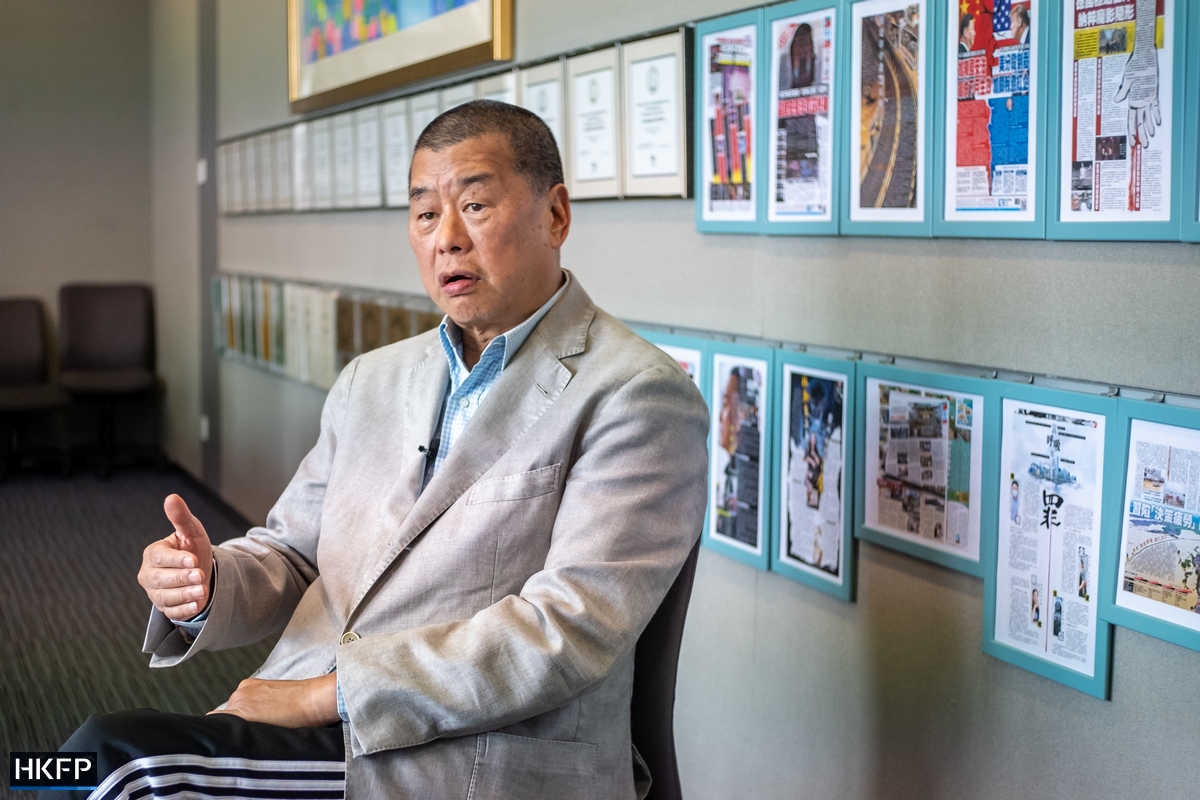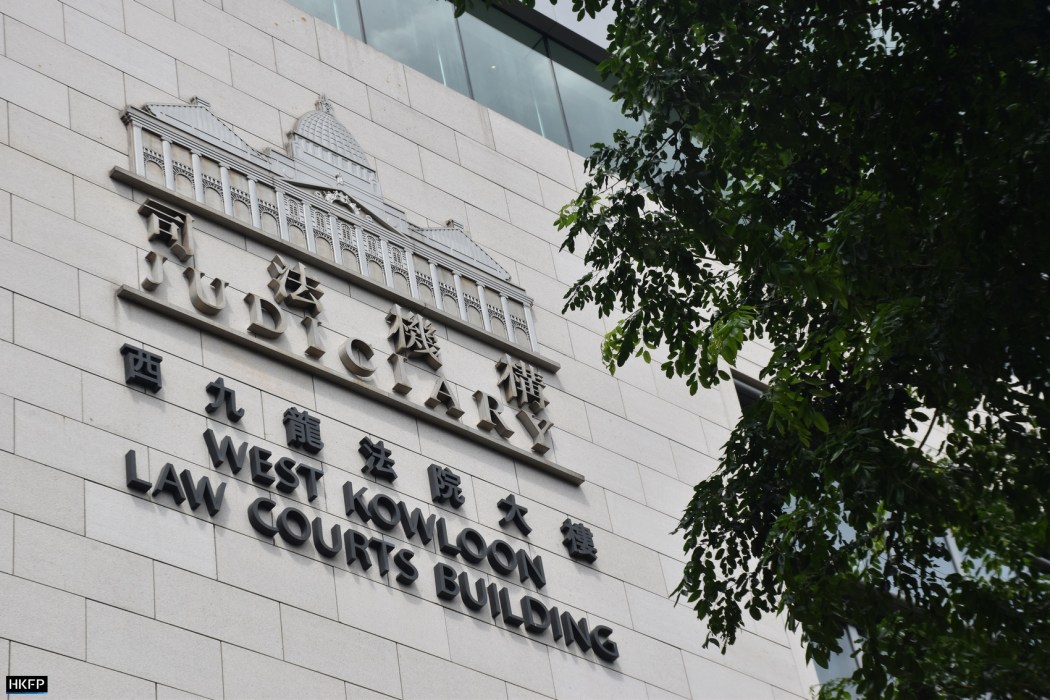Jailed media mogul Jimmy Lai’s “radical” stance during the 2019 protests and unrest was common knowledge, a commentary writer for Lai’s pro-democracy paper Apple Daily has told a national security trial against his ex-boss.

Yeung Ching-kee, who earlier pleaded guilty to taking part in a conspiracy to collude with foreign forces and is testifying against Lai for the prosecution, told a panel of three handpicked national security judges on Monday that Lai would appeal to the paper’s readers to take to the streets in 2019, when the city saw massive protests sparked by a now-axed extradition bill.
Lai is facing a 80-day trial and life in prison after he denied two counts of conspiring to collude with foreign forces under the Beijing-imposed security law. He also pleaded not guilty to one count of conspiring to publish “seditious” materials under the colonial-era sedition law.
US foreign policy
Yeung, who managed the paper’s “forum” page, told the court on Monday that Lai became “more radical” in October 2018 after then-US vice-president Mike Pence delivered a speech on a shift in US foreign policy towards China.
See also: Hong Kong’s Jimmy Lai was sympathetic towards frontline ‘valiant’ protesters in 2019, court hears
Over text message, Lai told Yeung, who would later write a piece on Pence’s speech, that Washington’s move was a response to Chinese President Xi Jinping’s “weakness” and that its timing was “perfect,” the court heard.

Yeung added that Lai’s radicalisation was reflected in the tabloid’s coverage thereafter: “During the anti-extradition movement, it was common knowledge that Apple had a radical stance. News reports would always mention the words ‘take to the streets,’ and I didn’t think that made for a good headline.”
“‘Take to the streets’ today, ‘take to the streets’ tomorrow… [you’d] always see it,” Yeung added.
Lai, and by extension, the paper, also believed that there should be “unity” between frontline “valiants” and peaceful protesters at that time, Yeung told the court.
For a period, the paper’s reports incorporated the mantra of “no condemnation, no snitching, and no severing of ties,” but it was no longer mentioned after the national security law took effect in June 2020, though not as a result of a change in the paper’s stance, Yeung said.
The idea of not “severing ties” referred to the need for unity in the movement, whilst “valiants” referred to those who used non-peaceful means on the streets.
No independence commentary
Yeung also said on Monday that the paper would not run pro-independence commentaries even though freelance commentary writer Eric Poon, known otherwise by his penname Sang Pu, publicly supported Hong Kong independence.

“When publishing his articles, the subject matter would not be related to Hong Kong independence,” Yeung said.
Yeung was not familiar with the situation of overseas writers, however.
The prosecution presented an editorial piece written by Hong Kong Watch’s now-former political advisor Sam Goodman on Canada’s “lifeboat” emigration programme for Hong Kong. Asked if he was familiar with the UK-based NGO, Yeung said he only knew of it, but did not have a clear idea of how it functioned.
Yeung told the court that he knew the group was concerned with the human rights situation in Hong Kong, but “did not pay much attention” to their writing, and could not make any conclusive comments.
Support HKFP | Policies & Ethics | Error/typo? | Contact Us | Newsletter | Transparency & Annual Report | Apps
Help safeguard press freedom & keep HKFP free for all readers by supporting our team























